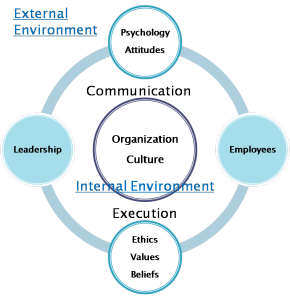KEY TERMS OF MANAGEMENT FROM SCANDINAVIAN STUDIES TO COMMUNICATION NETWORK

1. Scandinavian Studies - Development-oriented leader: A leader who is willing to take risks, experiments, and develops new ideas to accomplish goals. 2. Contingency Theories of Leadership - Fiedler contingency model: States that effective groups require a match between a leader’s style and his or her subordinates’ personalities . 3. Cognitive resource theory : States that by first making plans, decisions, and strategy, a leader’s effectiveness is enhanced. 4. Hersey and Blanchard’s Situational Theory : States that leadership effectiveness is greatly influenced by subordinates’ readiness. Leader-Member Exchange Theory : States that leaders form “in” and “out” groups and that individuals in the “in” groups will perform better than those who are not. 5. Path-goal theory: States that subordinates accept a leader’s behavior, as they view it, as a source of satisfaction. 6. Attribution theory of manageme

